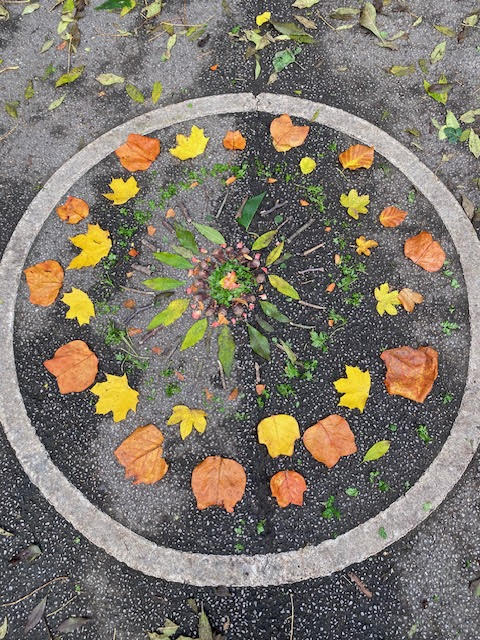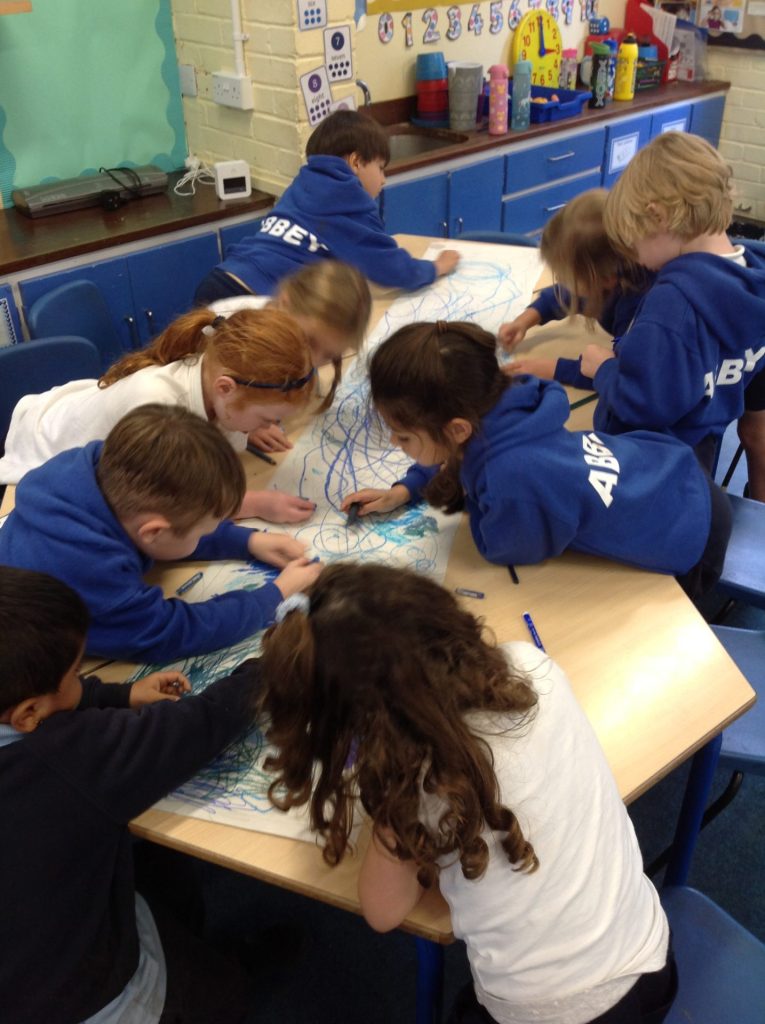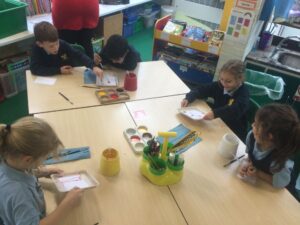



‘Art, craft and design embody some of the highest forms of human creativity.’
The Primary National Curriculum Framework 2014
Aims
At Abbey CE VA Primary School, our aim is to inspire creativity and develop pupils’ artistic skills through an engaging and comprehensive art curriculum. We believe that art education plays a vital role in developing children’s creativity, self-expression and cultural awareness. Our curriculum aims to nurture confident young artists who can express their ideas through various media, appreciate different art forms and understand art’s role in our cultural heritage. We strive to ensure every child develops their artistic potential while gaining an understanding and appreciation of artists, craftspeople and designers from a range of times, cultures and traditions.
How We Teach Art
Our approach to teaching art is practical and exploratory, building skills progressively while encouraging creativity and self-expression. At Abbey we use Kapow Art which ensures Art lessons are carefully planned to introduce pupils to a wide range of materials, techniques and processes. Teachers demonstrate specific skills and techniques, while allowing pupils the freedom to experiment and develop their own style.
Through our curriculum, pupils explore different artists’ work, learning about their techniques and the contexts in which they created their art. We provide opportunities for pupils to work both independently and collaboratively on art projects. Sketchbooks are used throughout the school to develop ideas, practise techniques and document the creative process. Regular display of pupils’ artwork celebrates their achievements and creates an inspiring environment.
Teachers assess pupils’ progress through observation of their practical work, discussions about art and evaluations of finished pieces. We create opportunities for pupils to visit galleries and museums, and we invite artists into school to share their expertise and inspire our young artists.
What Skills and Knowledge Will Your Child Learn?
Throughout their journey at Abbey, pupils develop a comprehensive range of artistic skills and knowledge. In the early years, children explore colour, pattern, texture, line and shape through hands-on experiences with various materials. They learn basic techniques for drawing, painting, printing and sculpture.
As they progress, pupils develop more sophisticated artistic skills and techniques. They learn to:
- Use drawing tools with increasing control and purpose
- Mix colours effectively and understand colour theory
- Manipulate different materials including clay, textiles and digital media
- Create prints using various techniques
- Develop sculpture skills using a range of materials
- Use perspective and proportion in their work
- Select appropriate tools and techniques for specific tasks
Pupils also develop their knowledge and understanding of:
- The formal elements of art (line, shape, form, tone, texture, pattern, colour)
- Different artists, craftspeople and designers from various periods and cultures
- The historical and cultural context of different art forms
- Technical vocabulary related to art and design
- How to evaluate and analyse creative works
- The role of art in society and culture
By Upper Key Stage 2, pupils will have developed:
- Confident use of a range of materials and techniques
- Understanding of different artistic styles and movements
- Ability to critically evaluate artwork, including their own
- Skills in planning and developing their own creative projects
- Knowledge of significant artists and their work
- Understanding of how to use artistic elements for effect
- Confidence in expressing their own artistic ideas
These skills and knowledge are built systematically year by year, ensuring pupils make consistent progress in their artistic development. Our balanced approach to teaching art ensures pupils become confident, creative artists who can appreciate and engage with art in its many forms.
Through our art curriculum, we aim to develop not only technical skills but also important transferable skills including:
- Creative thinking and problem-solving
- Critical analysis and evaluation
- Fine motor skills
- Visual awareness and observation
- Self-expression and communication
- Confidence and resilience
We believe these skills are valuable across the curriculum and in life beyond school, contributing to pupils’ overall development as well-rounded individuals.
Curriculum Overview
- KAPOW Art and Design Curriculum Overview (119.25KB)
National Curriculum

Art – Colour mixing
To start our mixed media topic we explored running primary colours into each other to create secondary colours.
